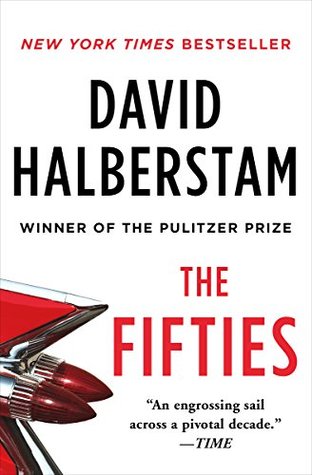IN YEARS TO COME, students of American foreign policy would have considerable difficulty deciding which secretary of state had been more militantly anti-Communist—Dean Acheson or John Foster Dulles. But in the era of Dulles’s reign at the State Department, anyone could have told who was more self-righteous and who more prone to bombastic rhetoric about the justness of the American cause. As Reinhold Niebuhr said of him, “Mr. Dulles’s moral universe makes everything quite clear, too clear.... Self-righteousness is the inevitable fruit of simple moral judgments.”
Welcome back. Just a moment while we sign you in to your Goodreads account.


